Fantasy Tour of Britain: Is it possible to design a route to guarantee home victories?
Determined to tip the scales in his countrymen’s favour Chris Marshall-Bell designs the ultimate Tour of Britain to ensure a British victory – on every stage
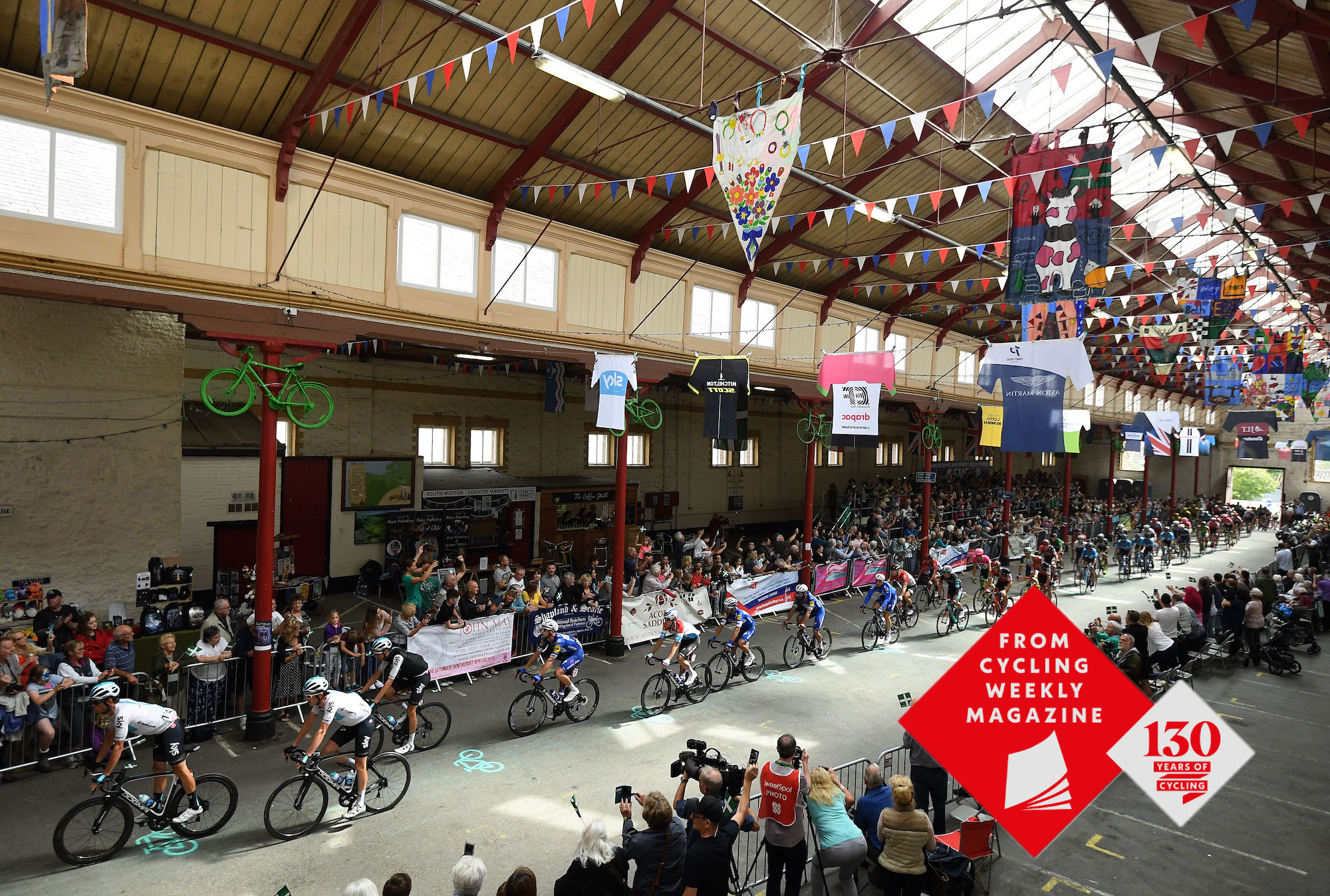

Wouldn’t it be great if a British rider won every stage of a Tour of Britain? We think it would be, so we have therefore acted on our desires and have decided to create our very own fantasy national tour that will help British riders be victorious in every single stage.
Our criteria for success is really quite simple: we have chosen routes based on home advantage or a route’s parcours being perfectly suited to a British rider. And, yes, we have lobbied SweetSpot, organisers of the race. Over to you to enact our dreams, folks.
Stage one South London team time trial, 35km
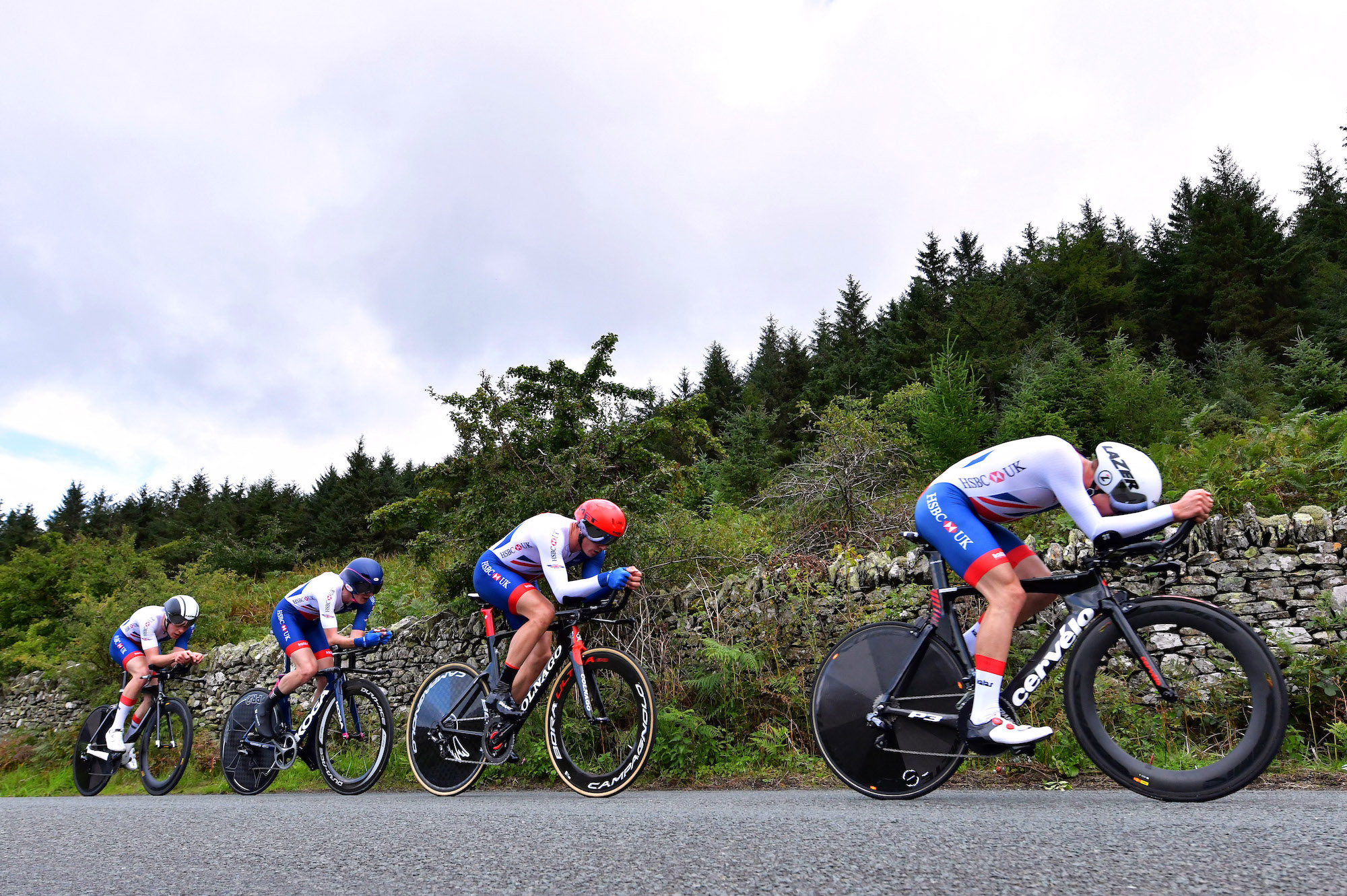
There’s only one way to start and that’s with a team time trial for British Continental team Ribble-Weldtite. “We are a team of time triallists and a TTT would play well to our strengths,” says rider and aero-whizz Dan Bigham.
“If it was a technical course, it would play into our favour as it rewards preparation rather than a dragstrip which would favour the power of the WorldTour guys.
“We have the ability, the technology and the preparedness to challenge the WorldTour competition and I wholeheartedly believe we could win. How cool would it be to have a home rider in the race lead?”
>>> Subscriptions deals for Cycling Weekly magazine
Very cool. The 35km time trial will take place in the capital around the streets of South London where the roads are a bit more undulating, before finishing in Herne Hill Velodrome, a salute to Ribble-Weldtite’s track background and peloton members Ethan Hayter and Fred Wright, who grew up racing on said track.
Get The Leadout Newsletter
The latest race content, interviews, features, reviews and expert buying guides, direct to your inbox!
Stage two Swansea to Carmarthen, 170km
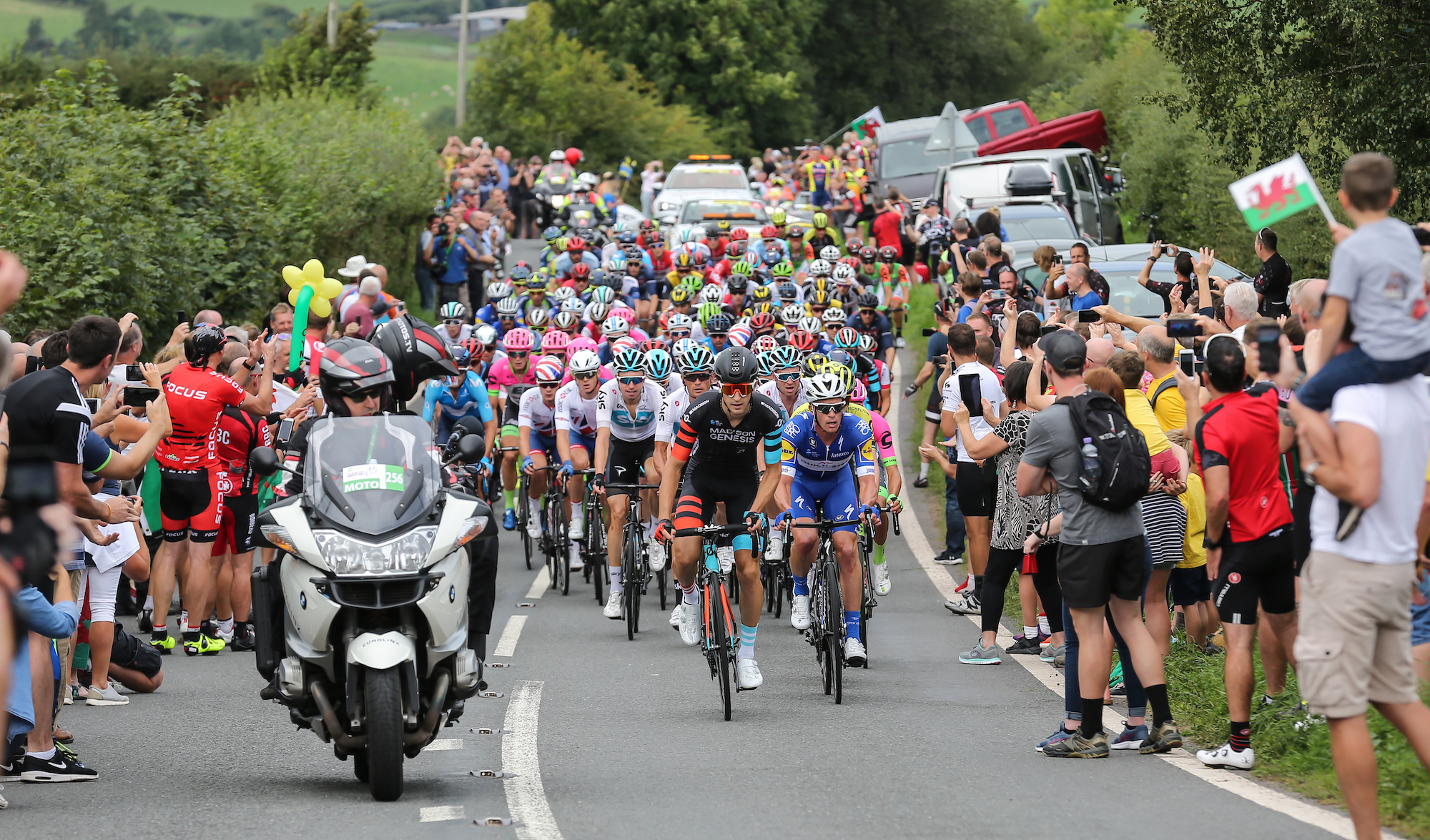
Wales’s production of line of cyclists is well-documented, with the county of Carmarthenshire developing four recent riders: Manon Lloyd and sisters Amy and Jess Roberts in the women’s peloton, and Bahrain Victorious’s Scott Davies.
The idea behind this hilly stage is that Davies will use the 7km climb out of Brechfa as his launchpad and then use his time trialling prowess to build an insurmountable advantage that he will take into Carmarthen’s outdoor velodrome, à la Paris-Roubaix, minus the cobbles.
Should that not quite work, then Mark Cavendish – a world champion and Olympic medallist on the track – can use his skills from the boards and sprint to his 10th victory in the race.
And failing that, we can rely on Luke Rowe. The Cardiff-born rider is a strong Classics man, finishing eighth at Roubaix. Provided he isn’t dropped on Brechfa, he can solo to victory in the velodrome.
Stage three Doncaster to Sheffield, 210km
“I have my own ride I call the Ardennes Route,” Ben Swift says. “It’s absolutely brutal. It contains 3,500m of climbing despite never going higher than about 350m above sea level, and my Garmin registers 37 classified climbs.”
The Ineos Grenadiers rider’s route heads into Holmfirth, towards the Strines and across the foothills of the Peak District. The punchy route would suit one-day specialists and rouleurs from across the globe, but local riders like Swift, Matt Holmes, Gabriel Cullaigh and Tom Stewart would be among the favourites.
“There is something in local advantage otherwise people wouldn’t do recons,” Swift says. “I’d give myself a good chance because I’d know all of the tiny details which add together to quite a bit of advantage towards the end.”
Stage four Nottingham to Monsal Head, 160km
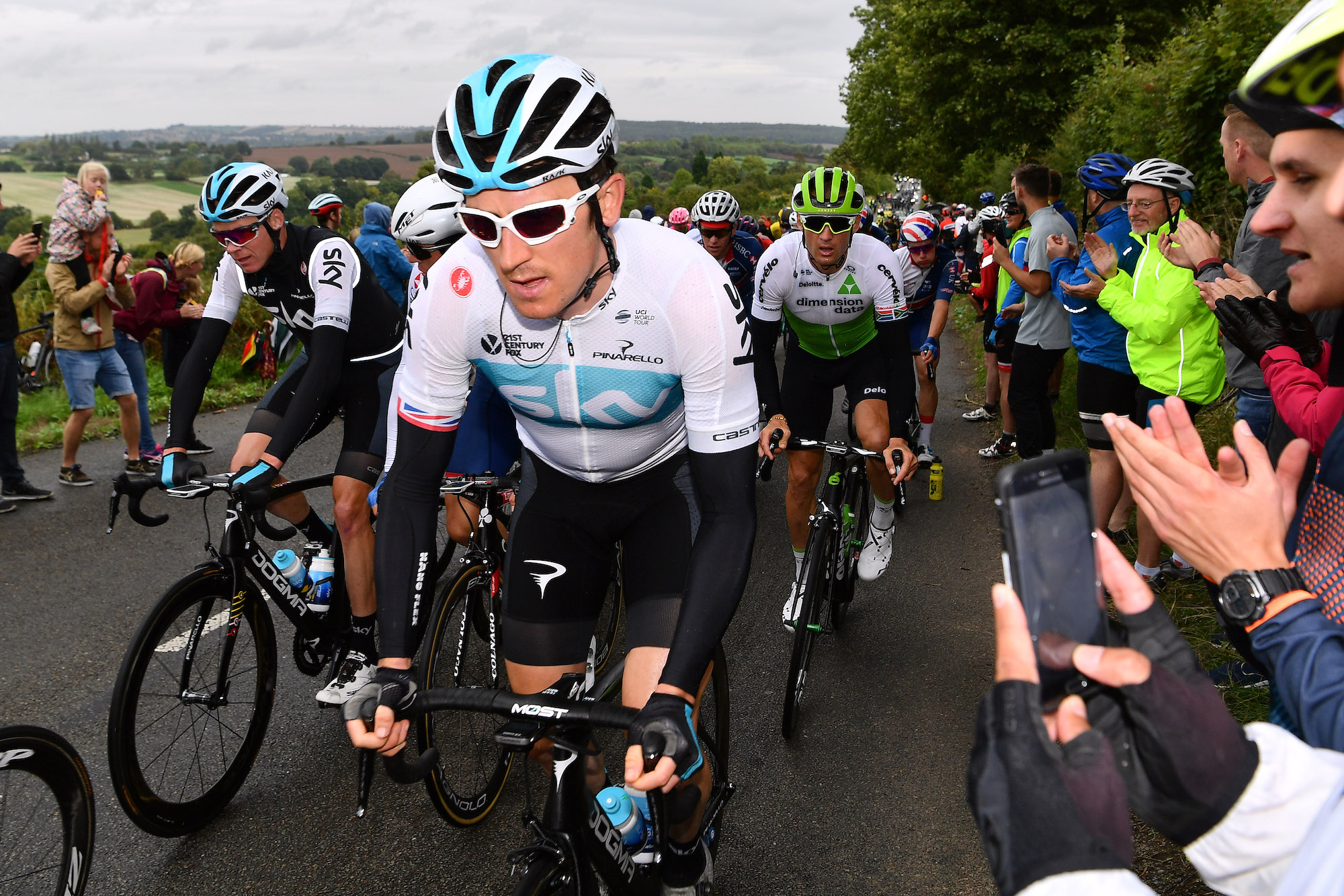
Few UK climbs have the same aura as Monsal Head in the Peak District. Counting 675 yards and a one-in-six gradient, Malcolm Elliott’s 1981 1-14.2 time has still never been bettered.
Our stage will conclude with a short finishing circuit that includes multiple ascents of Monsal – we propose a minimum of five – with the finish atop the hill. “That would be tough,” Swift says. “The race for the best position would start 10km from the finish because you would only move two or three positions on the final climb. It would benefit a sole leader coming into the bottom of the climb.
“The record is 1-14 from a standing start, but the peloton would be coming in at warp speed so it would be a 45-second sprint.” Who’d win? “Sam Bennett would be really good on there,” Swift offers.
But he’s not British, Ben. “Ah, well, I’d back myself again.”
Stage five Hull time trial, 16km
The temptation is to lobby for a classic 10-mile TT on the V718, the British time triallist’s most-loved dual carriageway.
However, Hull City Council would rather pay for a start and finish in its city grounds than its nondescript fast two-lanes, so we have to be realistic and go for a flat 10-mile TT in the centre of the city.
Alex Dowsett and Geraint Thomas will undoubtedly be delighted at such an inclusion, and so too would Ribble-Weldtite. “It’s a staple of British time trialling, is the 10,”
Bigham says. “And the shorter ones play off in our favour because we are more accustomed to riding at that intensity. We do it a lot, whereas the WorldTour guys don’t ride a 20-minute 10 for fun.”
Stage six Great Ayton to Durham, 140km
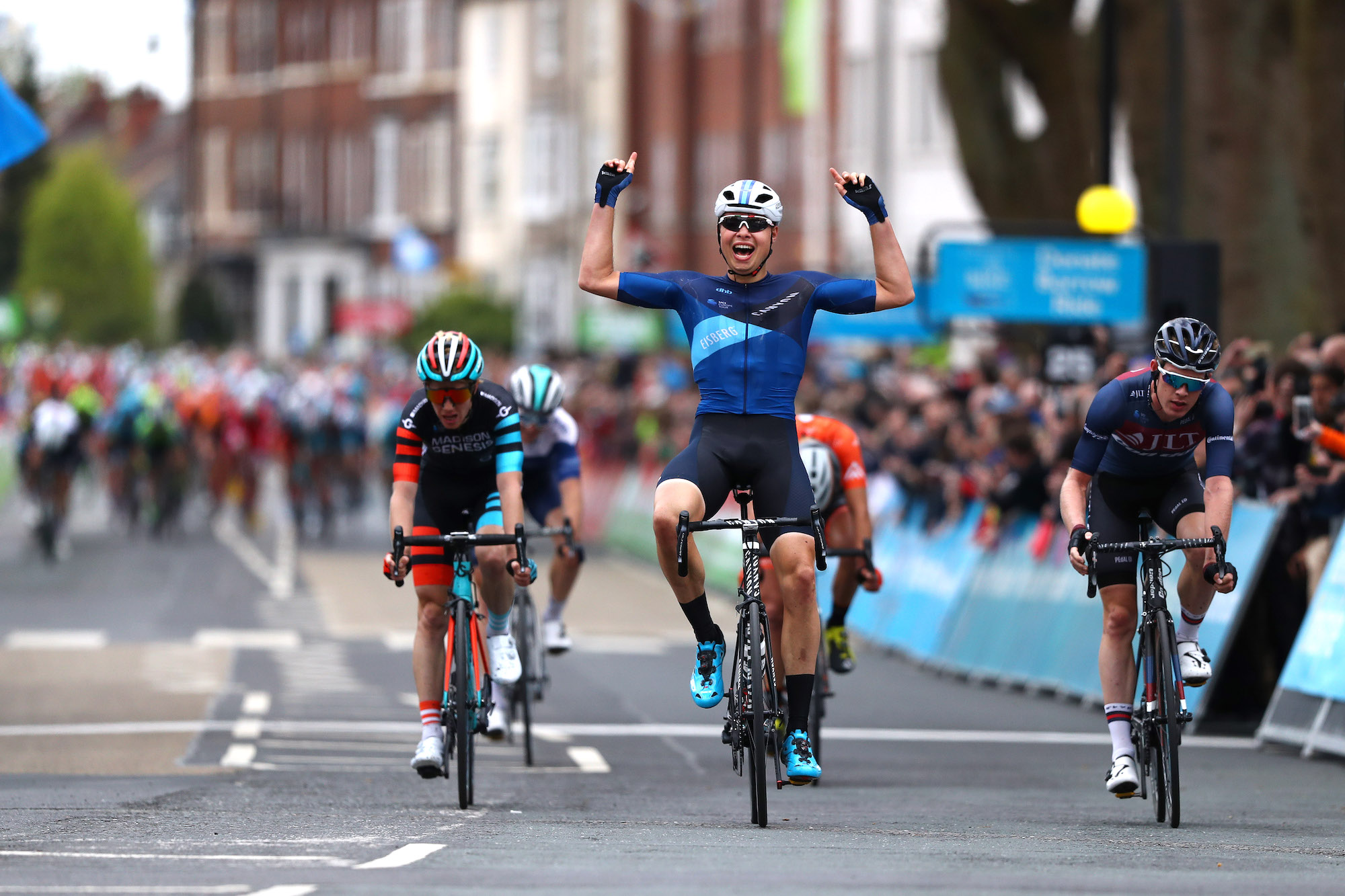
Stage six will start from Great Ayton, the birthplace of Qhubeka-Assos’s Harry Tanfield, a winner of two rounds of the 2018 Tour Series.
Paying homage to the country’s criterium scene, we propose a 140km route heading up the north-east coast and then inland towards Durham where riders will tackle multiple laps of an extended circuit of the Tour Series’ iconic 1.4km lap.
“It’s a really, really good circuit and the course takes care of the racing – there’s no hiding,” says Jon Mould, a two-time winner in Durham. “There’s a big fight for the bottom of the cobbled climb and there’s a minute-and-a-half of it being proper intense and flat out before you can recover a little.”
The circuit will be longer, but the cobbled climb up South Street and finish will remain untouched. Which Brit does it suit? “Me,” says Mould. “I think I am the best around there and have the best record.”
Money on Mould then, once he, er, comes out of retirement.
Stage seven Congleton to Knutsford, 180km
Disclaimer: this is a carbon copy of a previous real stage of the Tour of Britain because its original conclusion in 2016 was so conducive to British success that we simply have to do it again.
That September day over four years ago, Ian Stannard attacked solo from the breakaway on the Cat and Fiddle climb with 40km to go, winning by 1:46 from fellow Britons Graham Briggs and Kristian House for a British 1-2-3. The peloton was almost six minutes in arrears.
The former Team Sky rider remarks: “I’ve been living on these roads since I was 18. You know how hard the climbs are and how to judge your efforts a bit more, certainly the blind corners you know how fast you can take them and that’s a big advantage.”
Stannard’s knowledge of the roads is shared by dozens of British Cycling Academy alumni, including current WorldTour pros Matt Walls and Ethan Hayter. We are imploring them to emulate Yogi and repeat that success.
Stage eight Douglas to Port Erin, 170km
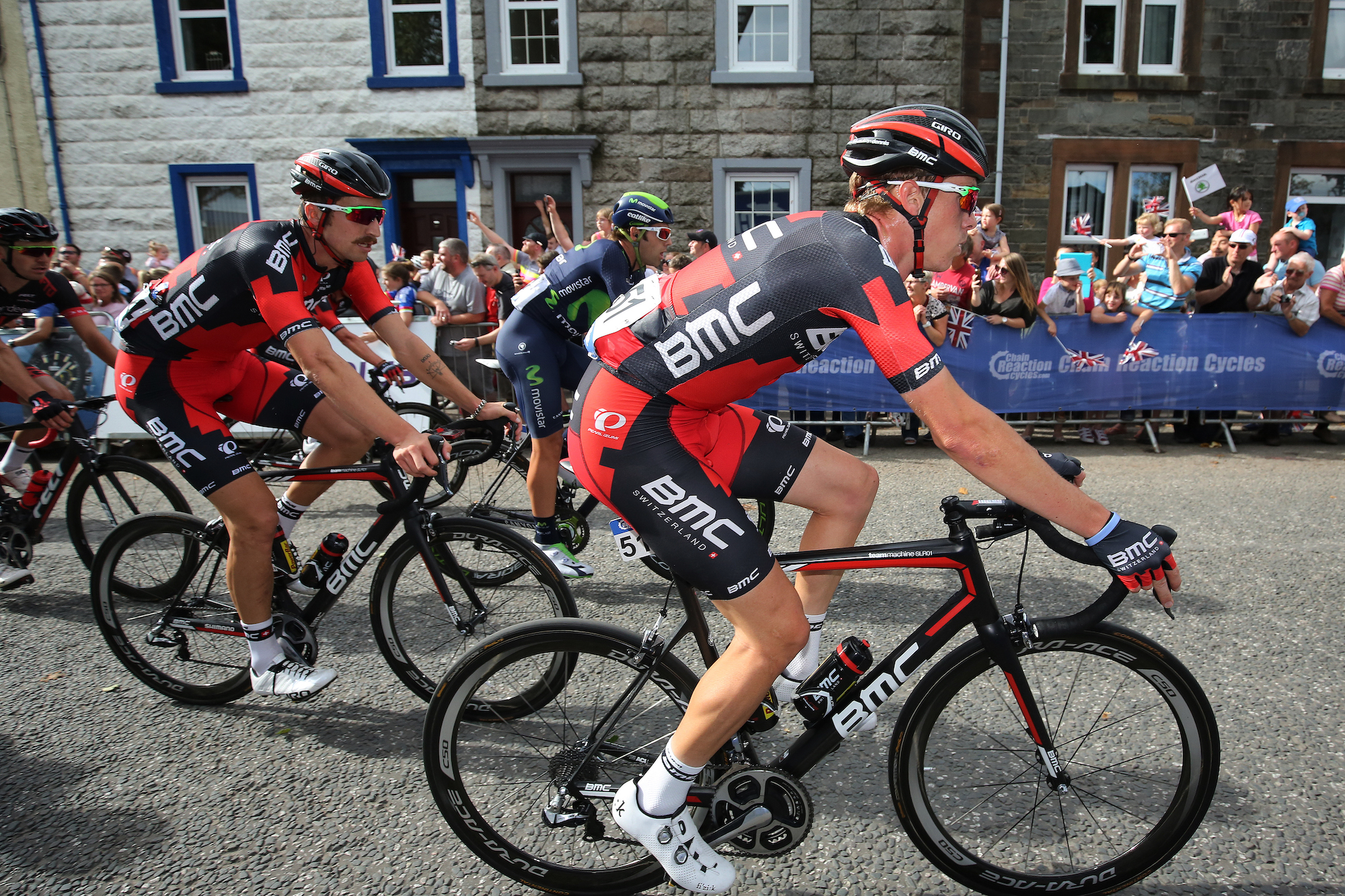
Our Tour of Britain ends outside the mainland, on the Isle of Man, an island that for every 9,000 inhabitants has produced a professional cyclist this century.
Local boy Mark Christian, who rides for Pro-Continental team EOLO-Kometa, has requested a personalised stage in the south of the island, and because we want to see him win, we have granted it.
He says: “We’ll have a big lap of the island finishing with several smaller laps down south, including going up and over the Sloc a number of times.
“It will be a process of wearing everyone down because the climbs are short, steep and there’s no rest.”
How will Christian win? “I’m going to need the Sloc not quite at the finish, but I’ll do the damage there and then we’ll finish on a smaller climb. [Ballamann Hill in Port Erin is the chosen finish]. I really hope. I’d win.”
SweetSpot’s response
We asked Andy Hawes, the Tour of Britain’s route director, what he thought about our proposal.
“A team time trial in London is a good idea, but access into Herne Hill would be a problem. Whereas getting into or out of Carmarthen velodrome is something we’ve done in the Women’s Tour and finishing a race there definitely came up at the time.
“Stages three and four are definitely the kinds of stages I could see us doing, but as they like mini-Classics, I don’t know if you would get a British winner.
“The last two times we have had a time trial of 10 miles we’ve had
an Italian winner [Edoardo Affini in 2019] and a Dutchman [Lars Boom in 2017]. So it’s far from a guaranteed British winner.
“Sadly getting the race up South Street in Durham might be an ask too far at least for a finish as there’s not enough room up, but mid-stage it could definitely be done.”
“The Isle of Man would be great, although realistically with transfers it would work better as an opening stage to the race. It certainly packs a punch and with very little opportunity to ride races of this calibre on the island, the cycling shoes are firmly on the foot of the local riders who have the experience and knowledge.”
This feature originally appeared in the print edition of Cycling Weekly, on sale in newsagents and supermarkets, priced £3.25.
You can subscribe through this link here.
That way you’ll never miss an issue.

Thank you for reading 20 articles this month* Join now for unlimited access
Enjoy your first month for just £1 / $1 / €1
*Read 5 free articles per month without a subscription

Join now for unlimited access
Try first month for just £1 / $1 / €1
A freelance sports journalist and podcaster, you'll mostly find Chris's byline attached to news scoops, profile interviews and long reads across a variety of different publications. He has been writing regularly for Cycling Weekly since 2013. In 2024 he released a seven-part podcast documentary, Ghost in the Machine, about motor doping in cycling.
Previously a ski, hiking and cycling guide in the Canadian Rockies and Spanish Pyrenees, he almost certainly holds the record for the most number of interviews conducted from snowy mountains. He lives in Valencia, Spain.
-
 FDJ-Suez, SD Worx-Protime, Lidl-Trek confirmed for Tour of Britain Women as strong list of teams announced
FDJ-Suez, SD Worx-Protime, Lidl-Trek confirmed for Tour of Britain Women as strong list of teams announced18 teams set to take part in four-day WorldTour stage race
By Tom Thewlis
-
 Cyclists could face life sentences for killing pedestrians if new law passed in England and Wales
Cyclists could face life sentences for killing pedestrians if new law passed in England and WalesReckless cycling currently carries a maximum two-year jail term
By Tom Thewlis